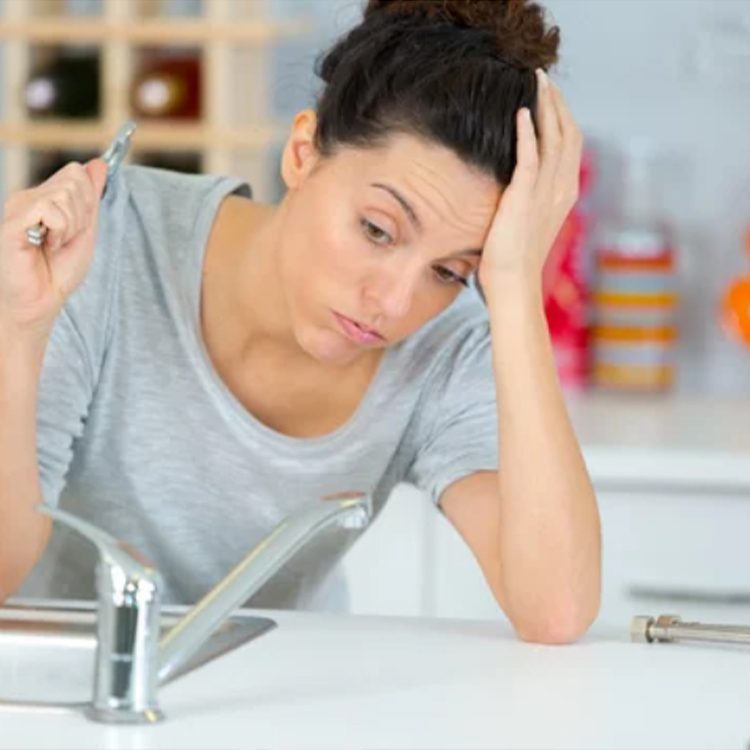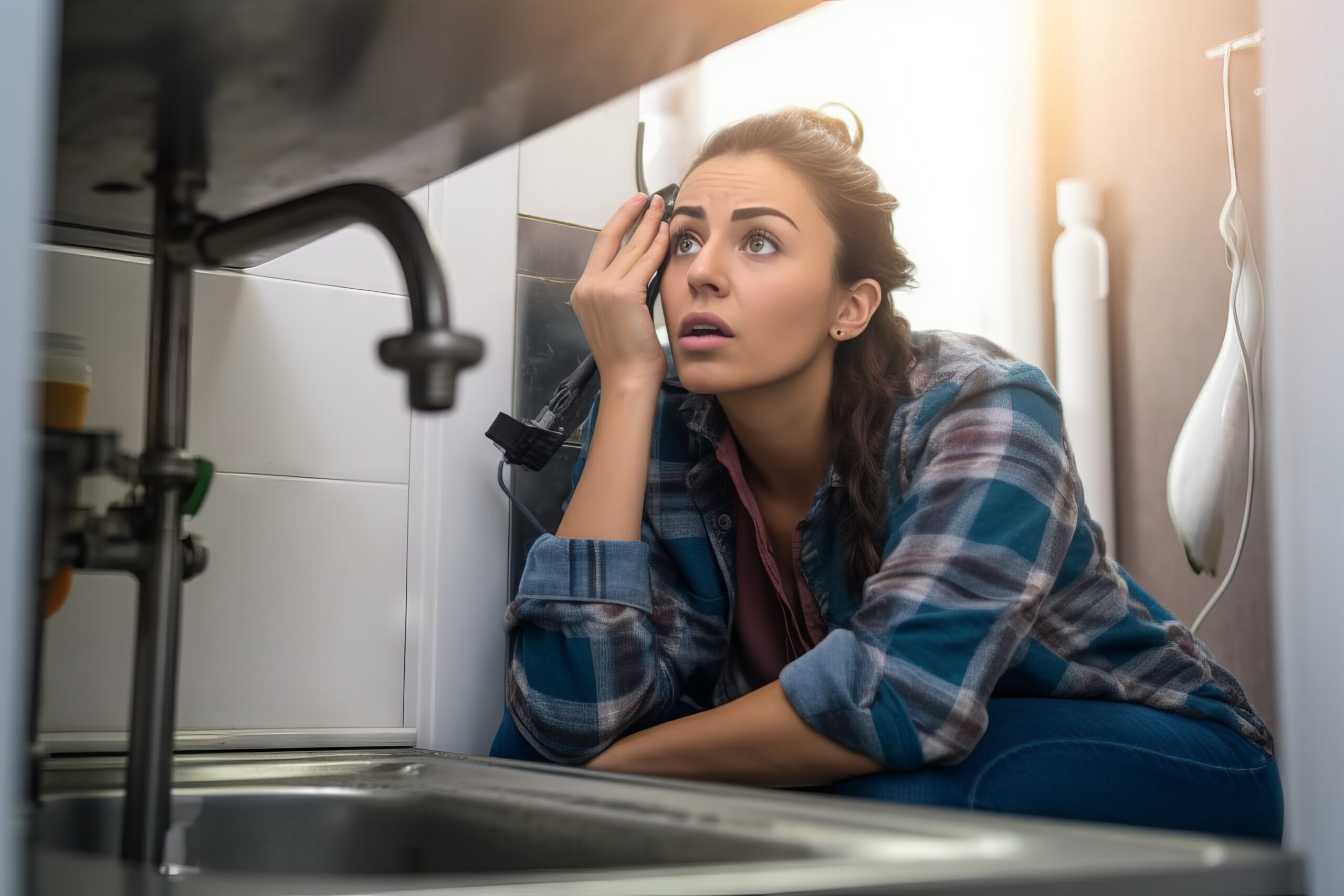Tips on How to Successfully Manage Plumbing Issues in Older Homes
Tips on How to Successfully Manage Plumbing Issues in Older Homes
Blog Article
Just how do you really feel on the subject of Main Plumbing Issues Found in Old Houses?

Older homes usually feature beauty, character, and background, however they can additionally bring a host of pipes concerns. Whether you're handling aging pipelines, low tide pressure, or leaks, recognizing exactly how to address these common problems is crucial to keeping a risk-free and practical home. In this overview, we'll explore the regular pipes challenges faced by older homes and supply practical remedies to keep your pipes in top form.
Understanding Common Plumbing Issues
Aging Pipes
One of one of the most usual concerns in older homes is maturing pipelines. Depending on the era in which your home was built, the pipes might be made from materials that have actually worn away over time, such as galvanized steel, cast iron, or even lead. These materials can rust, become weak, or establish leakages, bring about water damages and potential health hazards.
Water High Quality Testing
Older pipelines can influence the top quality of your water. Conduct a water top quality examination to look for pollutants such as lead, corrosion, or various other pollutants that may be introduced by aging pipelines.
Solutions for Typical Pipes Problems
Replacing Aging Pipelines
If your home has old, wearing away pipes, consider replacing them with modern-day materials like copper or PEX. This can be a significant financial investment, yet it will certainly prevent future issues and improve the safety and reliability of your plumbing system.
Repairing Low Water Pressure
To repair low water stress, start by cleansing or replacing old fixtures and removing mineral buildup in the pipes. If the issue continues, it may be required to replace areas of rusty pipes.
Fixing and Changing Leaking Pipelines
For small leaks, you can use pipeline clamps or epoxy putty as a short-lived solution. Nonetheless, it's ideal to replace leaking pipes completely to avoid more damages.
Updating Fixtures
Upgrading old components to modern-day, water-efficient designs can enhance your home's plumbing efficiency and reduce water intake. Look for components with the WaterSense label for the very best efficiency.
Dealing with Pipeline Corrosion
If your pipes are corroded, changing them with corrosion-resistant materials like copper, PVC, or PEX is the most effective solution. Normal assessments and water top quality upkeep can aid prevent further rust.
Low Water Pressure
If you're experiencing low water stress, it could be because of mineral deposits, corrosion inside the pipes, or old components that are no more working efficiently. This can be a major trouble, specifically in areas like showers and sinks.
Leaking Pipelines
Leaks are one more regular concern in older homes, often triggered by rusty or worn-out pipes. Also small leaks can lead to substantial water damage, mold and mildew development, and boosted water costs if not resolved immediately.
Out-of-date Fixtures
Out-of-date plumbing components such as taps, toilets, and showerheads not just look old however might also be much less effective, vulnerable to leaks, or incompatible with contemporary plumbing criteria.
Pipeline Rust
Corrosion is a typical problem in older pipelines, specifically those made from galvanized steel or cast iron. Rusty pipes can limit water flow, create discoloration, and at some point cause leakages or pipeline bursts.
Assessing the Condition of Your Plumbing
Evaluating Visible Pipelines
Beginning by examining any visible pipes in your home, such as those in cellars, crawl spaces, or under sinks. Look for indicators of corrosion, leaks, or corrosion, which can indicate underlying concerns.
Checking for Leakages
Check for leaks by examining locations around faucets, commodes, and under sinks. You can additionally monitor your water meter prior to and after a period of no water use to discover covert leaks.
When to Call a Professional
While some plumbing concerns can be taken care of with do it yourself options, there are times when it's finest to hire a professional. If you're dealing with significant leaks, substantial rust, or are not sure regarding the condition of your pipes, a licensed plumbing can offer professional assessment and repair service.
Preventive Maintenance Tips
Routine Evaluations
On a regular basis evaluate your plumbing system for signs of deterioration. Capturing problems early can stop expensive repairs down the line.
Water Pressure Guideline
Guarantee your water stress is within the suggested variety to prevent worrying your pipelines and components. A plumbing can mount a stress regulator if required.
Water Quality Upkeep
Mount water filters or conditioners if your water top quality is poor. This can secure your pipes and components from damages brought on by hard water or contaminants.
Proactive Pipe Replacement
If your home has very old pipelines, take into consideration proactive substitute before significant concerns arise. This can conserve you from emergency repair work and water damages.
Verdict
Taking care of plumbing concerns in older homes requires a combination of vigilance, precautionary upkeep, and timely upgrades. By comprehending the usual challenges and recognizing when to look for specialist help, you can ensure your plumbing system continues to be useful and reputable for several years ahead.
Common Plumbing Issues in Older Homes
Pipe corrosion
Pipe corrosion is a common plumbing issue in older homes. Several factors can cause pipes to corrode:
Water: Ironically, water is the number one cause of pipe corrosion. When water seeps into cracks in pipes, it can cause the metal to rust and break down, leading to leaks or even burst pipes.
Oxygen: Oxygen is another significant culprit in pipe corrosion. When oxygen interacts with water, it can cause the metal to oxidize and weaken.
Chemicals: Chemicals such as chlorine and fluoride can also contribute to pipe corrosion. These chemicals can react with the metal in pipes, causing them to break down over time.
Leaky pipes
Pipes that leak is one of the most common plumbing issues plaguing residents of older houses. While a small leak may not be a problem initially, it can lead to significant problems if left unaddressed. In addition, water damage can be very costly to repair and may cause damage to electric fixtures, promote mold growth and cause many other issues.
Worn-out fixtures
Older homes often have worn-out fixtures which may need replacement. Over time, the finishes on fixtures can wear down, exposing the underlying metal to corrosion. This can cause fixtures to leak or even break completely. It s best to have a professional plumbing contractor regularly inspect the fixtures in older homes and replaces them if necessary.
Faulty water heaters
A leaky water heater can cause severe damage to the home as it can be both a flood and fire hazard. Call a plumber immediately if it appears that the water heater might be leaking.
If the heater isn t working correctly, it could be because the pilot has gone out. The pilot light going out may indicate gas supply issues or leaks. It is also worth checking the thermostat to see if it needs to be adjusted.
If the water heater is making strange noises, it could be due to sediment buildup in the tank. Sediment can interfere with the heating elements and cause them to overheat. Overheating can damage the tank and shorten the lifespan of the water heater.
https://www.norfleetfamilyplumbing.com/blog/common-plumbing-issues-in-older-homes

Hopefully you liked our topic about . Thank you for finding the time to read our content. Are you aware of someone else who is looking into the subject? Please feel free to promote it. Thank you for being here. Come back soon.
Booking Page Report this page